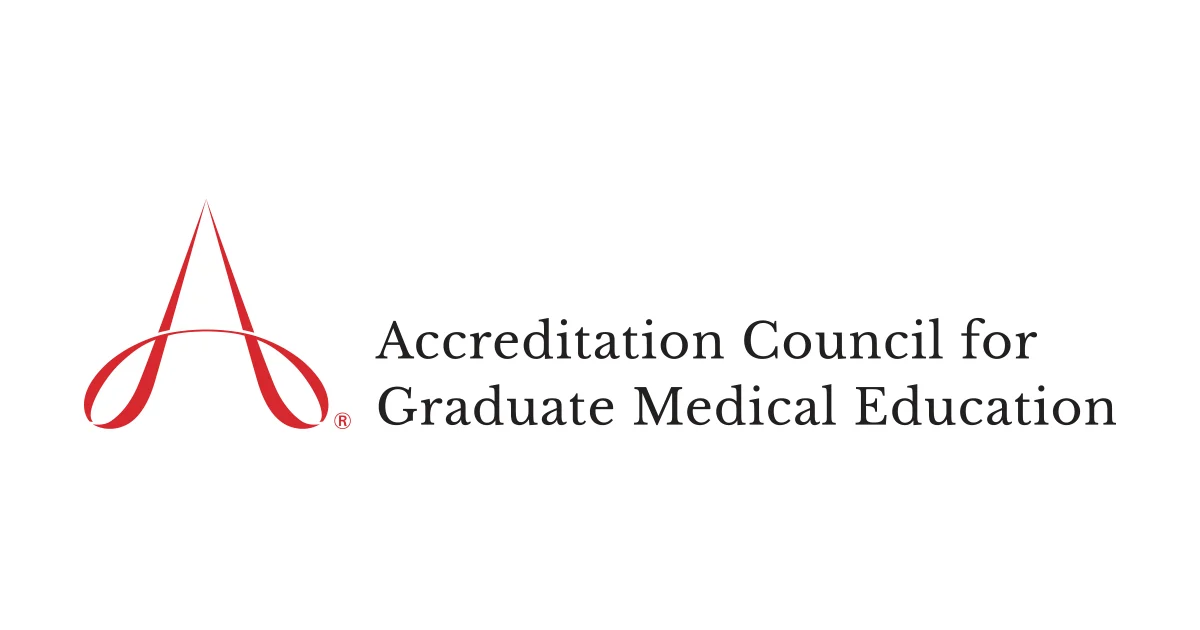The Accreditation Council for Graduate Medical Education (ACGME) requires all residency programs to ensure confidential, affordable access to mental health care, including 24/7 urgent and emergent support. It’s a policy that recognizes the realities of residency: relentless schedules, rising rates of distress, and the need for care that meets trainees where they are.
The mandate is clear. But for many program directors, the real question is how to implement support that goes beyond checking the box.
The ACGME requirement, in plain terms
The Common Program Requirements (6.13.e) call for timely, around-the-clock access to mental health assessment, counseling, and treatment. That includes nights, weekends, and holidays.
It also includes care that’s confidential, affordable, and responsive to urgent needs. And it assumes a level of ease and flexibility that many programs (despite their best intentions) aren’t currently set up to provide.
The guidelines also require that residents be given time during work hours to attend appointments, and that programs educate both faculty and residents on how to recognize distress, burnout, and suicidal ideation, and what to do next.
Why it’s difficult to meet the standards
Traditional support options for residents often fall short. Internal referrals raise privacy concerns, Employee Assistance Programs can be difficult to access or aren’t well-matched to the pace and pressure of residency, and one-size-fits-all therapy platforms weren’t built for residents.
At the same time, residents are struggling. Many hesitate to seek help until symptoms worsen, and some never do. The result is a cycle of burnout, disengagement, and lost potential that this new policy aims to interrupt.
What residents actually use
At Marvin Behavioral Health, we’ve worked with top residency programs like Harvard South Shore (HSS) to create a model that works in practice, not just on paper. Residents can book care on their schedule and they’re quickly matched with licensed clinicians trained to work with healthcare workers. And they know, from the beginning, that what they share stays private.
Sessions are available seven days a week and on nights and weekends to support residents’ unpredictable schedules. Crisis support is also available 24/7. No referrals, no office visits, no guesswork. Just support that fits the reality of clinical life.
Real results, not just good intentions
At Harvard South Shore’s Psychiatry Residency Program, Marvin became a key part of their well-being infrastructure. Residents used it often and consistently.
- Over 93% of residents reported symptom improvement
- Engagement with Marvin reached 85%
- The average participant completed 23 sessions
- Satisfaction ratings for Marvin were above 95%
These numbers tell a simple story: when care is accessible, specialized, and trustworthy, residents show up.
What to do next
Marvin is already supporting residents across the country and helping GME leaders implement high-quality solutions that fulfill both the letter and spirit of the new requirements.
If you’re exploring options, or if you just want to see what’s possible, talk to our team.







